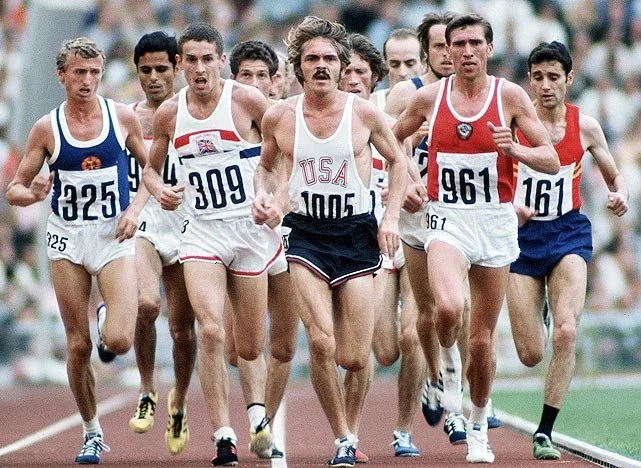BEIJING — Its many critics, particularly in the West, presumably do not want to hear or are not willing to listen to anything that might suggest these Beijing 2022 Games might carry salvation of any sort. Indeed, the numbers show a mighty few people from literally around the world tuned in to the 139th International Olympic Committee’s session, its general assembly.
They missed history in the making.
The president of the People’s Republic of China, Xi Jinping. In a brief video message, outlined the importance of the Olympic movement to the People’s Republic, and vice-versa. Beijing is the first city in Olympic history to stage the Games in both Summer and Winter. Because of Beijing 2022, some 300 million Chinese have taken up winter sports — nearly the population of the entire United States, a number that figures to change the economies of winter sports in our 21st century. The Chinese, Xi said, pursue the “Olympic ideal with concrete actions.” This begs the question: around the world, who else?
After Xi came Thomas Bach, the IOC president. Bach is into his ninth year as president; Beijing will be his fifth Games leading the organization. He is a gold medalist from Montreal in 1976 and was himself denied the opportunity to compete in Moscow because of the U.S.-led boycott in 1980. On Thursday, he spelled out, eloquently, the mission of the Games, what they can and cannot do — to “get all humanity together in all our diversity,” but only if they “stand beyond all differences and political disputes.”










